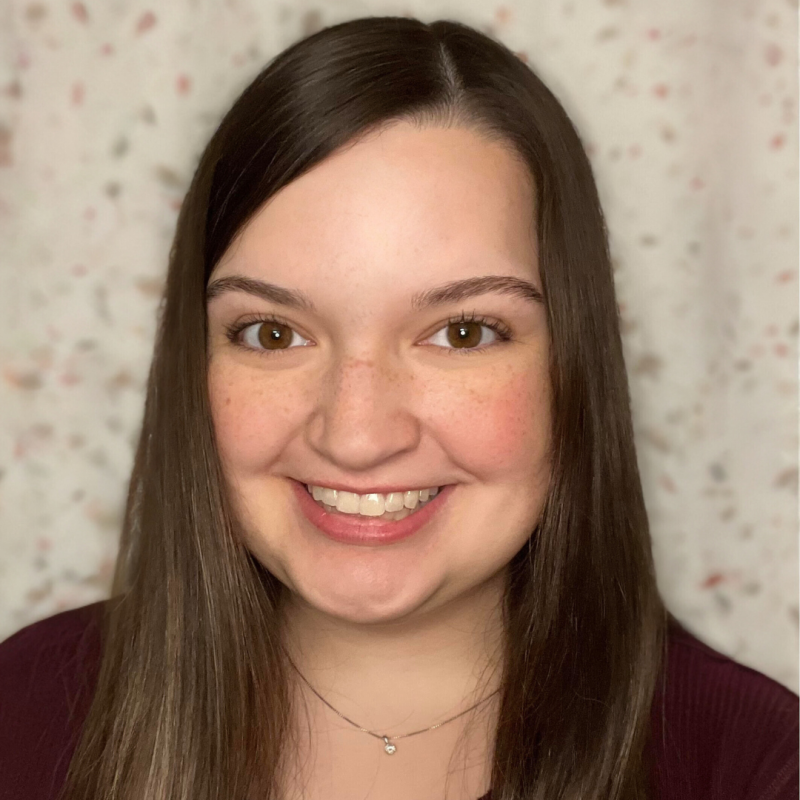WWU grad student researching the debilitating impact of single-sided deafness
Jayden Alexander is a third-year student in Western’s Clinical Doctorate of Audiology (AuD) program. Alexander works with adults with single-sided deafness (SSD) who also have a cochlear implant.
Single-sided deafness is when an individual has one ear that is either completely or near normal and the other ear is completely deaf.
According to Alexander, SSD can be really challenging for quality of life.
"One ear is going to be overloaded with information and the brain can only process so fast,” she said. This can cause difficulties with understanding people, with environmental awareness of where sound is coming from, and with hearing over background noise.
Alexander developed a series of tests that can be administered to patients remotely using the application called Portable Automated Rapid Testing (PART), which is a program for assessing auditory processing abilities. Alexander is using this application to create a test battery for participants with SSD and a cochlear implant to assess both how successful the cochlear implant is in alleviating symptoms for patients and how their binaural functions compare over time.
For this project, Alexander has been working with WWU faculty members Doug Sladen and Anna Diedesch. Having attended Western’s undergraduate audiology program before becoming a doctorate student, Alexander notes that now being able to work in collaboration with Sladen and Diedesch on this project has been amazing. Alexander’s project draws on their research to determine whether PART might be an application that works well for administering tests to adults with SSD and a cochlear implant.
Last fall, Alexander received a Graduate Research and Creative Opportunities Grant from Western. Alexander says this funding has helped her ship materials to participants across the country and ensures that they have access to the necessary materials for the study. So far, Alexander has sent out the test to the first participant and is collecting data. Because of the small pool of adults with SSD and a cochlear implant, Alexander says it can be tricky to find participants. However, she’s found success recruiting via word of mouth and sharing information in Facebook groups for individuals with SSD. Alexander has found that many individuals participate in the study because they want to give back and help support others with SSD who might be considering a cochlear implant.
For the pilot phase, Alexander wants to find out whether the PART application and the test battery that she created can be feasibly utilized to assess the binaural function of patients with SSD who use a cochlear implant. And in the long term, Alexander hopes to use the PART battery to assess binaural function pre- and post-auditory training. While the cochlear implant is intended to provide a sense of sound to patients and help alleviate their symptoms, the results are not all completely successful.
“I want this study to highlight that sending out parts and resources like a tablet to patients so they can access testing is a feasible thing to do. I want them to feel empowered in their own healthcare. As a clinician, I know that information is power, and I want patients to know all the options for their healthcare. I hope they can take that information and go and get help from an audiologist and speech therapist with auditory training,” Alexander said in regards to her research goals.
Alexander stressed the importance of access to information in her field of study.
“Audiology is such a specific field that people don’t know about until they have a problem with their hearing. It’s so important to care for your hearing health, and a lot of younger individuals just don’t know what audiology is,” she said.
Western is home to Washington’s only Audiology doctoral program. The program started in 2017 and consists of four years of study. In the first two years, students enroll in coursework and a practicum, where they gain valuable clinical experience in Western’s audiology clinics.
“One of the unique parts of the program is that we start clinic first quarter of the first year. We are hands-on with patients as soon as possible. And I truly believe that having that first-day connection made me a stronger clinician,” she said.
Third-year students like Alexander conduct research for their capstone projects alongside an internship; next year, Alexander will be doing an externship at Virginia Mason health for her fourth-year rotation.
For more information about Western's graduate program in audiology, visit gradschool.wwu.edu/audiology.
